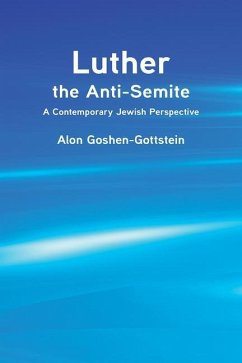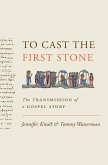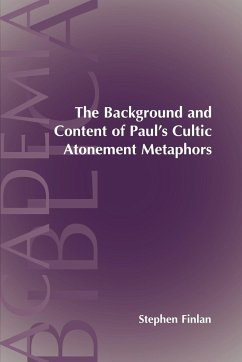The problem of Luther and the Jews has received much attention since World War II. Many consider there to be a direct line leading from Martin Luther's later anti-Jewish recommendations to policies carried out in the Third Reich. This has led contemporary Lutheran Churches worldwide to issue apologies and to distance themselves from Luther's anti-Semitic teachings. It has also led Jews to distance themselves from Luther as a religious figure. The present work revisits Luther's anti-Semitism and seeks to understand the compound factors that informed it. Drawing on contemporary Luther'scholarship, it develops a model, the Luther Model, that brings together multiple factors that help account for what went wrong, as we see it from our contemporary perspective. With that model in place, it engages in an examination of whether these factors, abstracted from the particularity of their historical context, are not also present in contemporary Jewish attitudes to Christians, as well as in broader negative relations between faith communities. By constructing the Luther Model, this work seeks to feature Luther as a teacher and a paradigm for how religion can turn violent and destructive to other religions and to draw the appropriate lessons for interreligious relations today.
Hinweis: Dieser Artikel kann nur an eine deutsche Lieferadresse ausgeliefert werden.
Hinweis: Dieser Artikel kann nur an eine deutsche Lieferadresse ausgeliefert werden.









